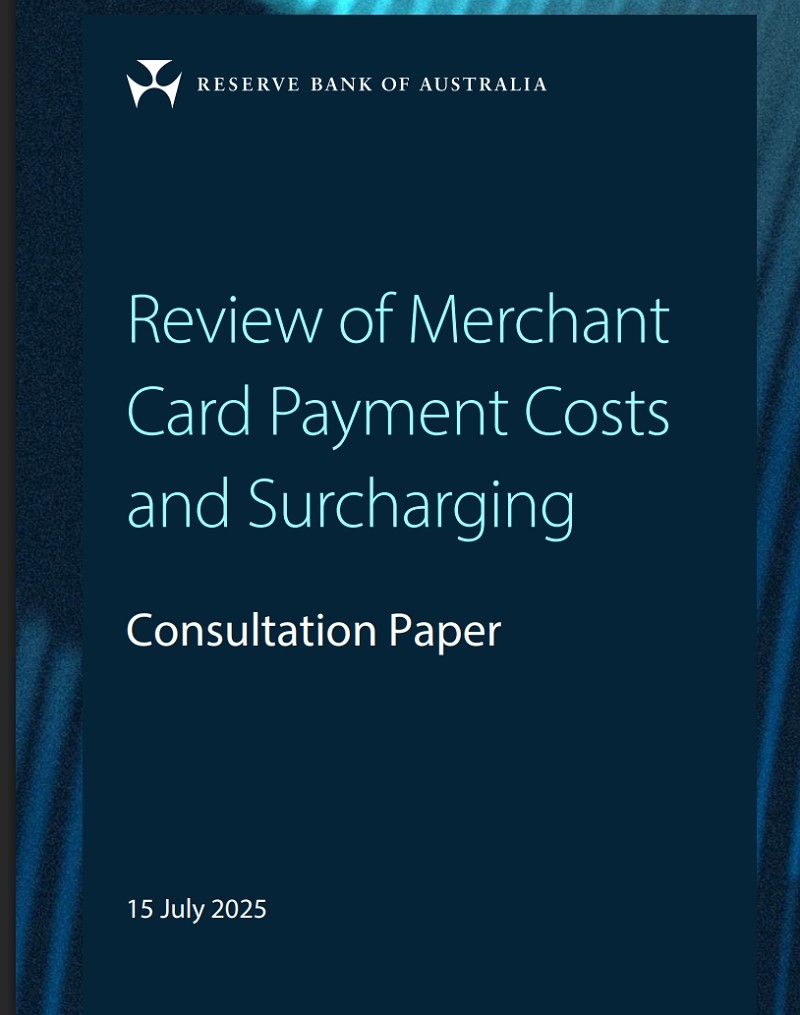
Businesses in Australia are facing significant changes with the Government's push to ban surcharges on debit cards and, now, possibly the Reserve Bank's call to remove many other card surcharges, such as EFTPOS and credit cards, from mid-2026. This shift won't wipe out payment costs; it'll just force someone to absorb them, as it will hit business margins.
We have now been actively involved in this discussion, having submitted to the RBA on the matter. Other submissions can be see here.
If surcharges vanish, that feed eats straight into the slim profit they give now for products like Lotto. Many such low margin items raise a major problem. Here for example the ticket price is set by the lottery operator, not the shop. If we are banned from putting a debit surcharge on those transactions, but still pay fees on every tap, the only place left to recover the cost is the rest of the shop. That could mean having to nudge up prices on other prices to make up for the margin lost on fixed‑price lines such as Lotto. Whether that is what regulators and product suppliers intend to allow remains unclear. We are already now starting to look into this problem for our POS System users.
If you want to know where you stand now use your POS system reports to help you track the current situation.
Premium Debit Cards
This matter is not being discussed, but should be, as not all debit cards play fair. Premium ones, for example, those with Qantas points or cashback, run on Visa or Mastercard schemes rather than on cheap domestic EFTPOS. These "rewards debit" cards have higher fees to subsidise the value of flyers' points. It's unfair that merchants are paying for bank customers to get extra benefits. If a blanket surcharge ban treats all these debit cards the same with no surcharge, you will be subsidising flyers' points without recourse.
If all "debit cards" are made surcharge-free, that most likely means these high‑cost reward debit cards will also have to be accepted with no surcharge, even though they cost a lot more to process than a plain EFTPOS debit card. That creates a fundamental unfairness for small retailers: customers are encouraged to chase rewards, while the shop silently absorbs the extra cost. From the retailer's point of view, a "tap‑and‑go" debit card on the credit card route can be expensive, like some credit cards. It will be great for the banks and payment providers as the public will rapidly switch to these debit cards.
There is also a practical problem that no one has really answered yet: how is a merchant supposed to know that a card is such a "debit card" before processing it? Most terminals only reveal the transaction type **after** authorisation. If the rules say "you may not surcharge debit, that leaves us guessing at the point of sale, even if surcharges are allowed. Banks and payment providers should be required to give merchants a clear, simple way to see that this tap is not a standard debit card but a premium card **before** acceptance. If they did this, our software could adjust the surcharge.
Conclusion
For now, we are waiting to see where the final rules land, but our message in the review has been simple. Suppose governments want to make debit card payments surcharge-free. In that case, they also need to make sure that (1) high‑cost "reward" debit cards do not quietly dump even more cost on small retailers, and (2) the systems give merchants clear information at the point of sale so we can actually follow the rules in the real world.
Written by:

Bernard Zimmermann is the founding director of POS Solutions, a leading point-of-sale system company with 45 years of industry experience, now retired and seeking new opportunities. He consults with various organisations, from small businesses to large retailers and government institutions. Bernard is passionate about helping companies optimise their operations through innovative POS technology and enabling seamless customer experiences through effective software solutions.


